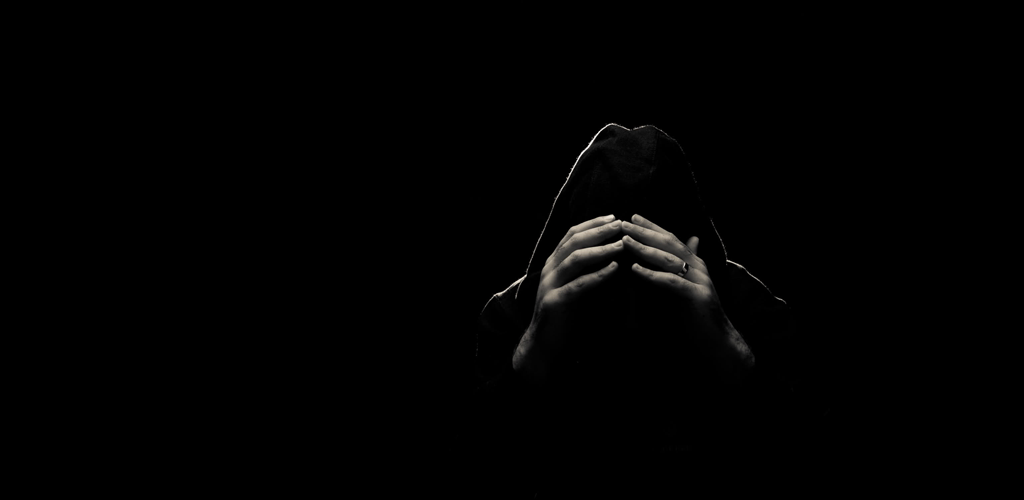Are you due to be INTERVIEWED UNDER CAUTION? or have been SUMMONSED or CHARGED with a benefit fraud offence?
If yes then our specialist solicitors may be able to help. Call now on 0333 011 0515 and speak to our solicitors for free advice on what you can do next. Our Lines Are Open 24 HOURS A DAY.How do you defend Disability Benefits fraud cases?
The assumption is made that if a there is something incorrect on a claims form it is a deliberate lie and this is far from reality for the claimant. Disabilities vary in term of severity and conditions change so that different capabilities are demonstrated at different times.
The defence may have the burden to establish that what was stated on the forms was true at the time they were completed if the prosecution can make out some case against them.
Evidence of surveillance needs to be tested to show that what is demonstrated is within the scope of what is stated on the claims form. For instance, a claims form may say that you have difficult walking 44 yards. The evidence may say that on one day, the claimant was seen walking further. In the previous ten days, the claimant may have not been out of bed, so what does one day of surveillance prove. The claimant does not have to prove they are innocent as a matter of law but in practice they have to give evidence to explain their movements caught on surveillance.
If not caught on camera or by surveillance, evidence may take the form of replies made in an interview under caution. It is very difficult to explain surveillance evidence when confronted with it. It is difficult for a claimant to remember the days when it has been impossible to get out of bed or days when it was impossible to leave the house. How do you prove the claimants restricted activities caused by the variations in disability? The answer is that it maybe impossible unless the claimant keep records or their verbal evidence is accepted in Court.Technology may assist with Internet records showing continued usage or by logging activity on the Internet with a trusted friend.
Where there is an unreported change of circumstances revealed by surveillance, the prosecution case is that is that you intentionally did not report the change. Using the walking outdoors example above, a prosecution can be based on this failure to report the change. The problem for the claimant is that they may not recall the detail of the wording of the claims form and they may not even have a copy. There are over one hundred questions on the claims form and the wording on the form may from an advisor years before. The expectation is that the claimant remembers the content of the form and has been able to make a self analysis of their disabilities and conditions to note the change. This is very difficult to assess with mental conditions but with purely physical disabilities, the days when improvement is noticed are often followed by days or weeks of incapacity.
What should the claimant report?
The answer from the lawyers has to be report everything that constitutes as change and be guided by the responses. How else can varying conditions be accounted for? It may sound impracticable but what advice is given to the claimant they makes frequent reports? They will given advice on what should be reported and this should be preserved for future reference and as evidence for the defence.
The prosecution must prove that the claimant has not told the truth in the claims form or that they have deliberately not reported a change of circumstances.
The defence is to show that the claimant was acting honestly or innocently. If the Court accepts that the claimant did not: -
- say anything in the claims form that was deliberately untrue to gain by the lie or
- that they did not report a change or circumstances because they did not know that there was a change that needed to be reported,
They do not commit a criminal offence.



